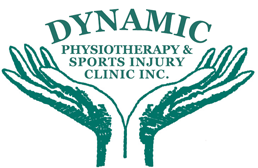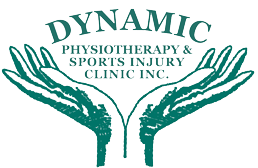Achilles Tendinitis Treatment
Achilles Tendinitis
Achilles Tendons are a strong band of tissue that connects the calf muscles such as the gastrocnemius and soleus muscles to the plantaris muscle and heel bone or calcaneus. Achilles Tendons tend to be one of the more common tendons that are injured in the body. Achilles Tendinitis is an overuse injury of the Achilles Tendons. Achilles Tendinitis most commonly occurs in runners who have changed their training requirements, for example suddenly increased intensity or duration of their runs. Achilles Tendinitis is also very common in people over 40 years of age who play sports such as tennis or basketball and tend to play sports on the weekends. Excessive force on the Achilles tendon can result in tears and ruptures. A tear may result from sudden movements such as a sprinting from a stop. The abrupt tension of the tendon can be too much and can tear or possibly rupture.
Signs & Symptoms Of Achilles Tendinitis
- Begins as a mild ache in back of the leg or above the heel after running or other sports activity which may be more noticeable especially when stretching your ankle or standing on your toes
- You may notice tenderness of the Achilles Tendons, swelling and stiffness
- Episodes of more severe pain may occur after prolonged running, stair climbing or sprinting
Causes Of Achilles Tendonitis
- Achilles Tendinitis is mostly caused by repetitive or intense strains
- Achilles Tendons tend to weaken with age, which makes it more susceptible to injury, particularly those who play sports only on the weekends or who have suddenly increased the intensity of their running programs
- Wearing high heels which can cause an increase in the tension of the tendon
Treatment Of Achilles Tendinitis
- Treatment for strains and sprains such as Achilles Tendinitis involve reducing inflammation, swelling and pain
- Focused treatments to the Achilles Tendons as well as the muscles that attach to it either directly or indirectly such as the plantaris muscle or the muscles of the calves such as gastrocnemius and soleus are helpful
- When assessing the foot careful observation will reveal if any other conditions are contributing to Achilles Tendinitis such as flat feet
If you have any questions about Achilles Tendinitis contact our staff at Dynamic Physiotherapy.

